Lynn Rapsilber on Nurse Practitioners
There are a lot of nurse practitioners in the US–over 400,000 (compared to around 900,000…
There are a lot of nurse practitioners in the US–over 400,000 (compared to around 900,000 MDs & DOs), and we are training 40,000 a year. But how they are going to be used is not entirely clear. Lynn Rapsilber is an NP whose organization, the National Nurse Practitioner Entrepreneur Network, is working to help her…
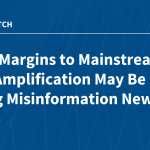
Efforts to correct misinformation can unintentionally amplify it by increasing engagement, repetition, and visibility. During times of low trust, even debunked claims can erode confidence in health institutions. Communicators can limit amplification by focusing on verified facts, using prebunking and strategic debunking, and strengthening trust with credible messengers.
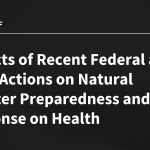
As climate change-related disasters worsen, the federal government’s shrinking of emergency and disaster preparedness support to state and local governments may leave millions of people vulnerable and unable to recover from natural disasters.
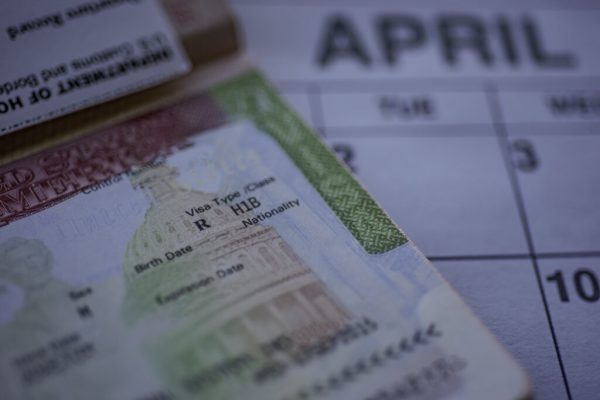
Experts warn that the Trump administration’s new $100,000 fee for H-1B visa applications could worsen healthcare’s workforce crisis, especially in rural areas, by making it prohibitively expensive for hospitals to hire international clinicians. Critics are also worried that the change could slow the pace of healthcare innovation by discouraging foreign workers from contributing to the…
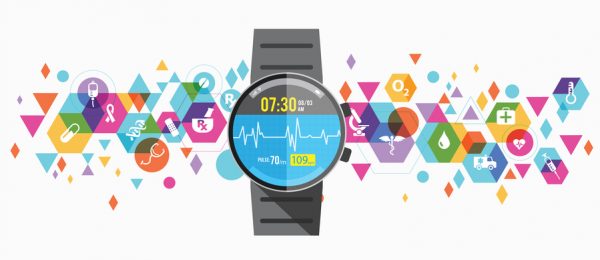
Devices can send information back to a physician, but that data doesn’t explain how the experience felt. Without that context, healthcare teams miss the very details that shape adherence, satisfaction, and long-term outcomes. The post Beyond Data Logs: Capturing The Real-World Experience Of Medical Devices At Home appeared first on MedCity News.
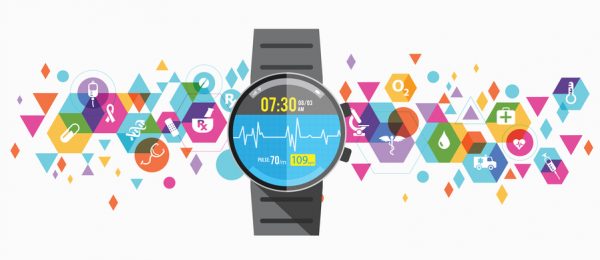
Devices can send information back to a physician, but that data doesn’t explain how the experience felt. Without that context, healthcare teams miss the very details that shape adherence, satisfaction, and long-term outcomes. The post Beyond Data Logs: Capturing The Real-World Experience Of Medical Devices At Home appeared first on MedCity News.
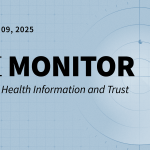
This volume analyzes false narratives about autism rates in Cuba and among Amish people in the U.S.; health-related cases before the Supreme Court, including challenges to bans on conversion therapy for LGBTQ+ minors and school vaccine mandates; and the limitations of AI chatbots as primary sources of health information.

In August, an 80-year-old woman walked into the emergency room at Ronald Reagan UCLA Medical Center. She was lucid but experiencing a stroke. Within minutes, doctors asked for permission to pull out the stroke-causing clot before any more brain damage could occur. She hesitated. The procedure was part of a clinical trial, and she’d heard…

KFF Health News chief Washington correspondent Julie Rovner appeared Oct. 6 on the podcast “Today, Explained” to discuss TrumpRx, President Donald Trump’s proposal for a direct-to-consumer website aimed at lowering prescription drug costs. While few details were made public when the program was announced on Sept. 30, Rovner explains that consumers who are enrolled in…
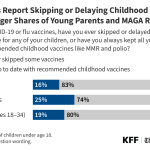
Following the Trump administration’s warning last month that using acetaminophen – the active ingredient in Tylenol – during pregnancy can increase the risk of autism in children, very few adults say the claim about a causal relationship is “definitely true,” though much of the public is uncertain whether to believe it. Trust in the CDC…